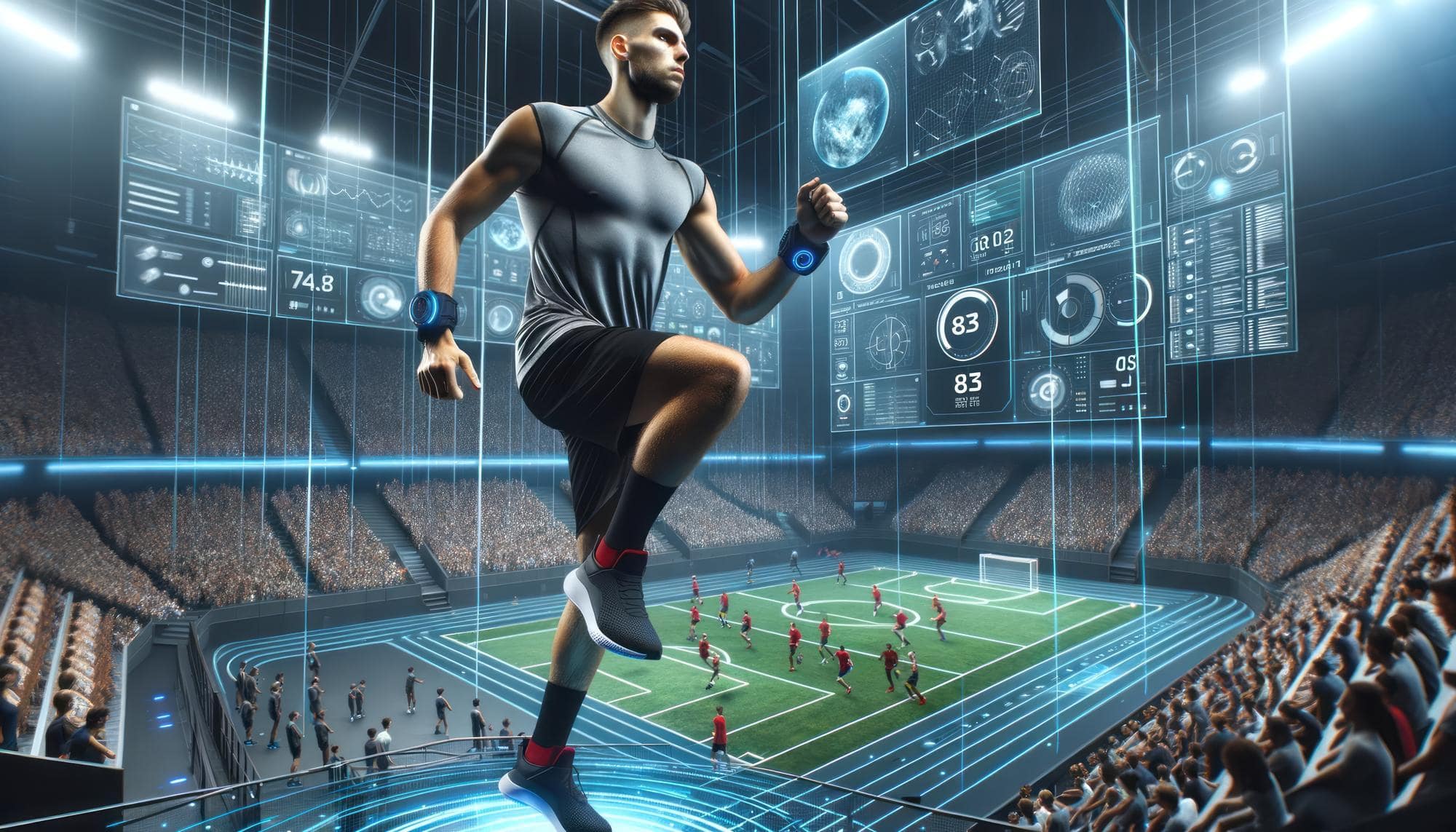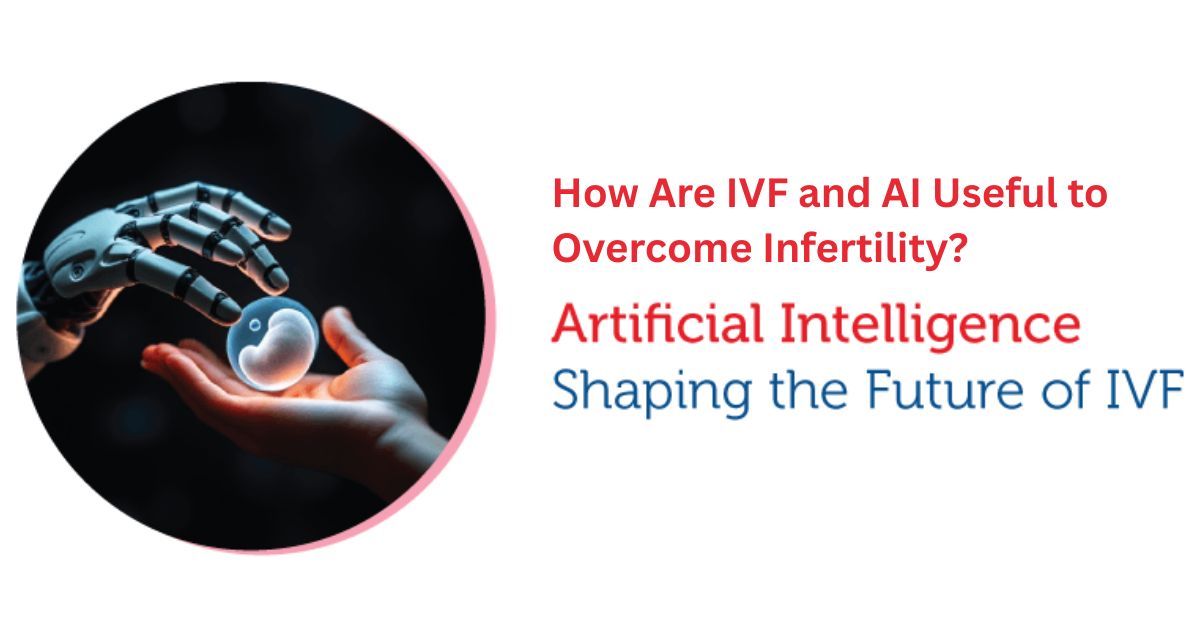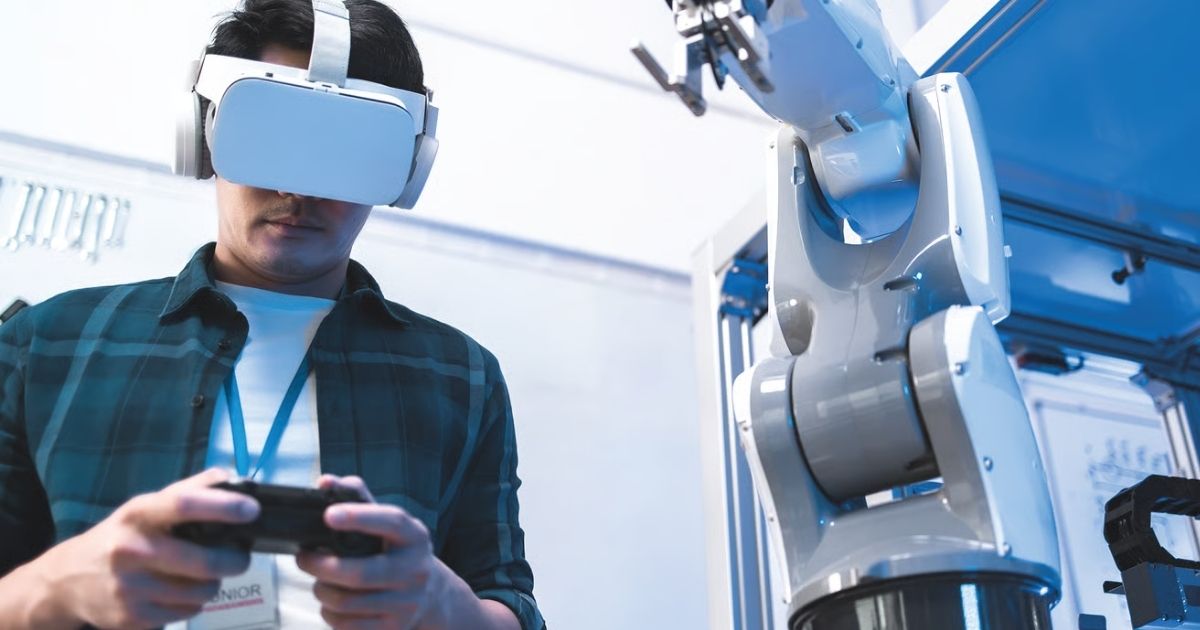Artificial intelligence (AI) is changing the way we understand sports—players, games, strategies, you name it. It’s such a big deal that experts at Allied Market Research predict the global market for AI in sports will hit a jaw-dropping $29.7 billion by 2032, growing at a wild 30.1% year-over-year clip. Sports analytics isn’t exactly new, but AI’s supercharged algorithms are letting analysts dig deeper into the crazy-complex factors that make or break a game. It’s like having a microscope for every play, pass, and sprint.
Way back when, sports fans were scribbling down stats as soon as games were invented—think scorekeeping at ancient chariot races. Modern sports analytics kicked off with operations research, a data-crunching method born during World War II to optimize military tactics. Some clever folks started applying those ideas to sports, tracking player moves and team strategies. Fast-forward to today, with sports blogs, podcasts, and internet stats galore, analytics is now the heartbeat of the game. So, let’s dive into how AI’s shaking things up, from helping players train smarter to making fans feel like they’re in the action.
.png)
Helping Players Be Absolute Rockstars
Imagine a coach who watches your every move and gives you tips to crush it. That’s AI in action. Wearables like GPS trackers, smartwatches, or even high-tech jerseys grab data on your speed, distance, or how hard your heart’s pumping mid-game. AI takes that info and turns it into a game plan to make you better.
In soccer, tools like Catapult Sports track every step, letting coaches know if you’re out of position or burning out. Basketball’s got Second Spectrum, with cameras that follow every dribble and shot, showing who’s killing it or needs to step up their defense. Tennis pros lean on IBM’s SlamTracker to tweak their serves—think, “Yo, less spin, more angle!” My buddy who hoops in a rec league uses Hudl to fix his jump shot, and apps like Strava are a lifesaver for us runners chasing a faster 5K.
Players love it because it’s like having a hype coach and a nerdy analyst rolled into one. A sprinter might learn their stride’s off, or a swimmer could shave seconds off their lap. Best part? You don’t need to be a pro—amateurs like us can use these tools to feel like we’re training for the big leagues.
Related: AI Tools for Visual Content Creation: Your New Creative Sidekick
Keeping Injuries on the Sidelines
Injuries suck, plain and simple. One wrong move, and your favorite player’s out for months. AI’s like that friend who warns you before you trip, spotting trouble by analyzing your running form, past injuries, or how beat you are after practice.
NBA teams use Kitman Labs to track when players need a breather, like, “Hey, KD, take a rest day.” In football, AI studies hits to build workouts that save your knees and shoulders. Even us regular folks can use apps like WHOOP to check our sleep and recovery—trust me, it’s stopped me from overdoing it at the gym. It’s all about keeping you in the game, not watching from the bench.
.png)
Making Fans Feel Like They’re in the Game
AI’s not just for players—it’s making sports a blast for fans like us. Those slick NFL stats on TV, like how fast a quarterback throws or how slick a receiver’s route was? That’s Amazon’s AWS-powered Next Gen Stats doing its thing. Platforms like Stats Perform pump out real-time predictions and highlight clips that make you feel like you’re calling the plays.
I’m hooked on those AI chatbots that answer my random questions, like, “When’s the next Celtics game?” or “What’s Ronaldo up to?” AI’s also scary-good at knowing what I love, sending me highlight reels of my team. It’s like having a buddy who always knows what’s up in sports.
Finding the Next Big Thing
Scouting used to mean endless hours of game tapes, but AI’s like, “I got this.” It crunches stats, watches film, and predicts who’s gonna be a star. In baseball, TrackMan’s AI breaks down pitch spins or swing paths to spot the next Shohei Ohtani. It’s like a superpower for finding talent before anyone else.
Outsmarting the Competition
AI’s your secret weapon for strategy, like a chess whiz who’s seen every move ever. In soccer, it tests formations to see what’ll work against a rival. In cricket, it picks the perfect ball to throw based on the batter’s habits. Coaches use it to make clutch calls, like swapping a tired player or flipping tactics mid-game. It’s how you stay ahead of the other team.
.png)
The Messy Side of AI
Let’s be real—AI’s awesome, but it’s not all sunshine. Those wearables collect super personal stuff, like your heart rate or how you slept, and teams better keep that locked down. Also, if coaches get too obsessed with AI, they might miss the human side of sports—like team vibes or gut calls that win games. It’s about using AI as a wingman, not the whole show.
What’s Next for AI in Sports?
The future’s gonna be insane. Picture AI whipping up practice games so real you’re sweating just watching. Or augmented reality glasses showing coaches live stats during a match. Wearables will track even crazier details, and the best part? AI’s getting cheaper, so your kid’s soccer team or your pickup crew could get pro-level insights. How’s that for cool?
What do you think—is AI making sports more fun, or does it take away some of that old-school magic? Drop a comment—I’m stoked to hear your take!
Related: From Trolls to Triumph: How AI Protects Wimbledon Players from Social Media Harassment







.jpg)





